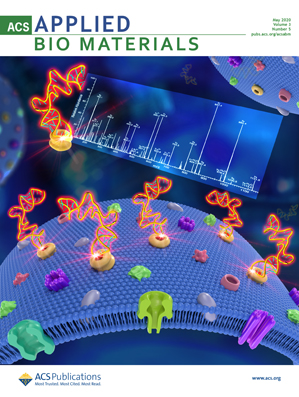|
Autors/es
García-Bonillo, Cristina ; Texidó, Robert ; Texidó, Robert ; Reyes-Carmenaty, Guillermo ; Reyes-Carmenaty, Guillermo ; Gilabert-Porres, Joan ; Gilabert-Porres, Joan ; Borrós, Salvador ; Borrós, Salvador
|
Abstract
Catheter-associated urinary tract infections (CAUTIs) are the most common health care-associated infections due to rapid bacterial colonization+ and biofilm formation in urinary catheters. This behavior has been extensively documented in medical devices. However, there is a few literature works on CAUTI providing a model that allows the exhaustive study of biofilm formation in a urinary environment. The development of an effective model would be helpful to identify the factors that promote the biofilm formation and identify strategies to avoid it. In this work, we have developed a model to test biofilm formation on urinary medical device surfaces by simulating environmental and physical conditions using a quartz crystal microbalance with dissipation (QCM-D) module with an uropathogenic strain. Moreover, we used the developed model to study the role of human albumin present in artificial urine at high concentrations because of renal failure or heart-diseases in patients. Despite model limitations using artificial urine, these tests show that human albumin can be considered as a promoter of biofilm formation on hydrophobic surfaces, being a possible risk factor to developing a CAUTI.
|

WoS
Scopus
Altmetrics

|
|
Publicació
ACS Applied Bio Materials, 8 April 2020, v.3, n.5, p.3354-3364
|
